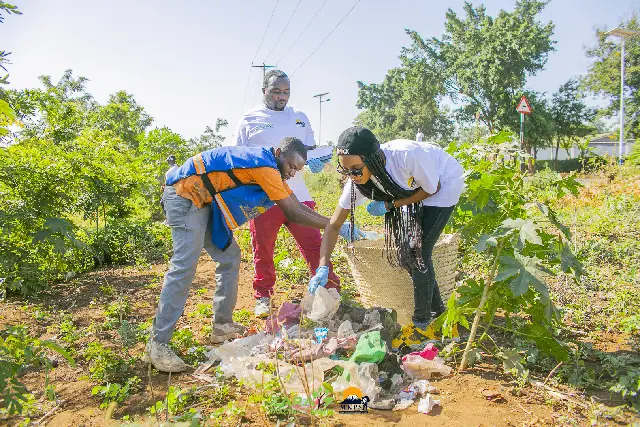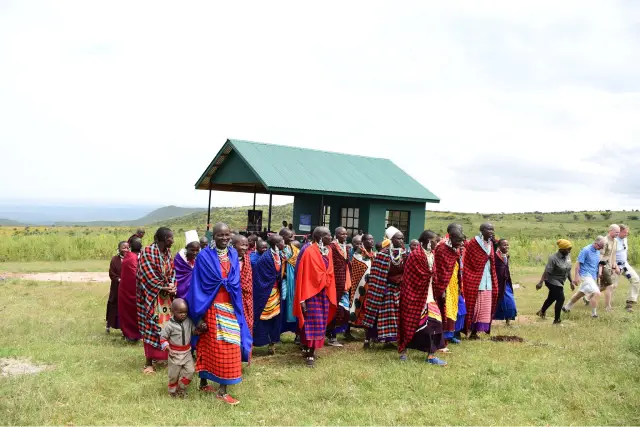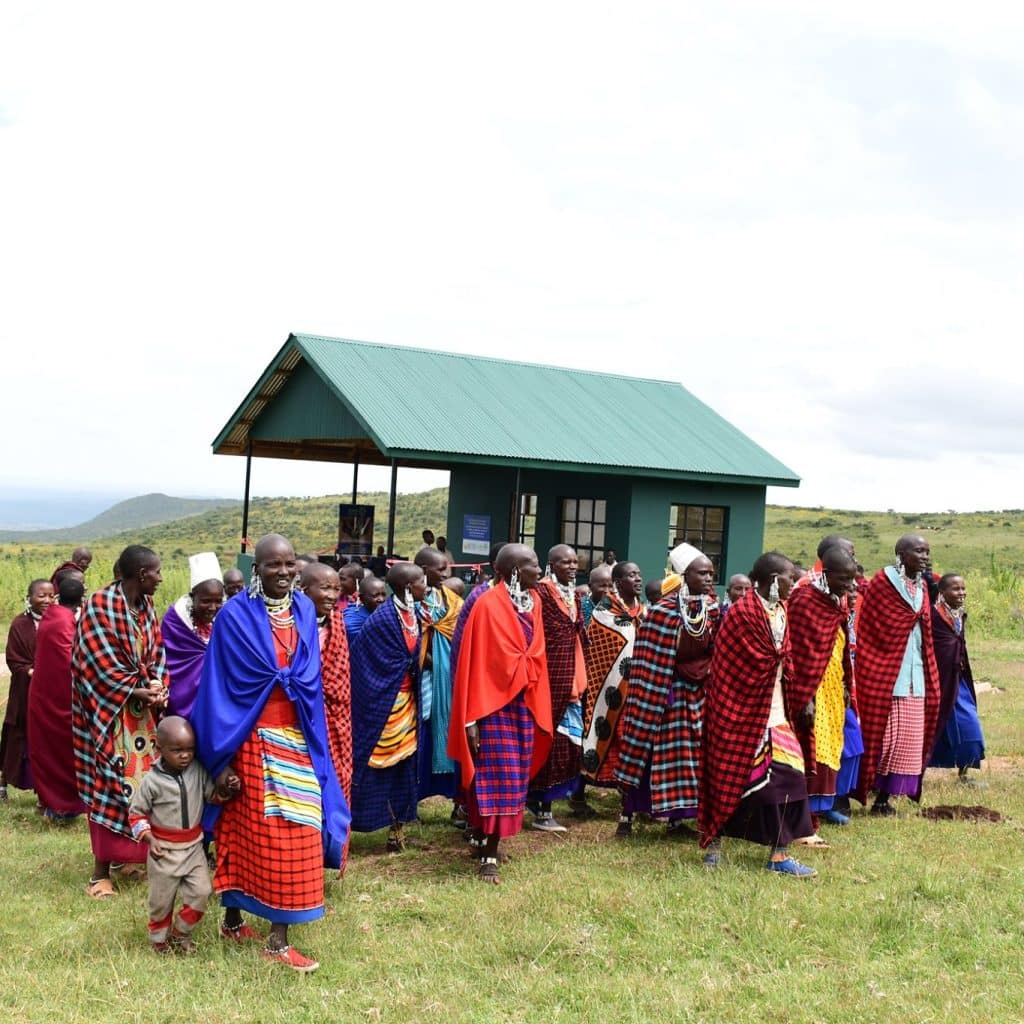
In the vast, breathtaking landscapes of Tanzania, where the golden savannah meets the endless sky, lies a community rich in tradition and resilience—the Maasai. For generations, they have thrived on their deep-rooted culture, pastoral heritage, and close connection to nature. But in today’s evolving world, access to education and sustainable resources has become crucial for their survival and growth.
Zainab Ansell, a visionary leader whose passion for uplifting communities has transformed countless lives through Zara Charity. With an unyielding commitment to creating real change, she has spearheaded initiatives designed to empower the Maasai people while preserving their cultural identity.
A Journey of Transformation
Zainab’s journey with the Maasai community began with a simple yet profound realization: education is the key to breaking the cycle of poverty. She saw children eager to learn but lacking the basic resources to attend school. Women, the backbone of their society, longed for economic opportunities to support their families. The community, proud yet underserved, needed a bridge between their traditions and the modern world.
Through Zara Charity, Zainab launched projects that addressed these fundamental needs, ensuring that the Maasai had the tools to build a better future without compromising their heritage.
The Maasai Pre-School Project: A Future Rooted in Learning
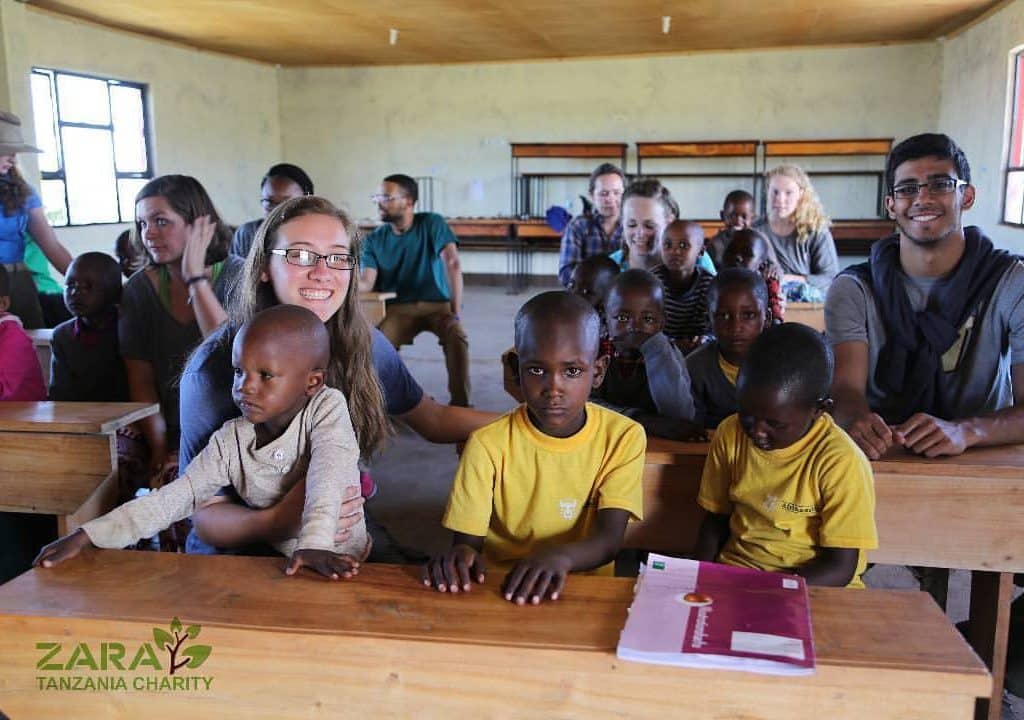
One of the most impactful initiatives is the Maasai Pre-School Project, an endeavor dedicated to providing early childhood education in remote Maasai villages. The project builds schools, equips them with necessary learning materials, and ensures that Maasai children have access to quality education from a young age.
For many children, this school is their first exposure to structured learning, opening doors to opportunities their ancestors never had. With trained teachers, culturally sensitive curriculums, and community involvement, the project is not just about education—it’s about preserving the Maasai way of life while preparing the next generation for success.
The Asali (Honey) Project: Sustainable Livelihoods for Maasai Women
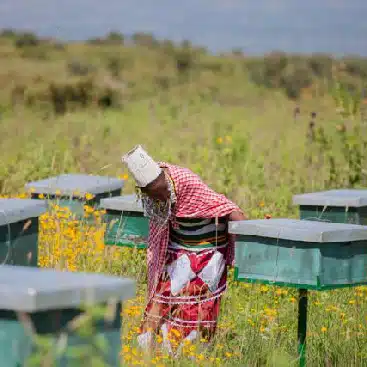
Beyond education, economic empowerment is another pillar of Zainab’s mission. The Asali (Honey) Project was born out of a desire to provide Maasai women with a sustainable source of income while leveraging their deep knowledge of nature.
Through this initiative, Maasai women receive training in modern beekeeping techniques, honey harvesting, and business skills. They are provided with beekeeping equipment and support to market their honey, ensuring they have financial independence while contributing to environmental conservation.
For many women, this project represents more than just a livelihood—it’s a path to empowerment, dignity, and self-sufficiency. By earning their own income, they can provide for their families, invest in their children’s education, and play a more active role in their community’s development.
Preserving Culture, Promoting Development
What makes these initiatives truly remarkable is the balance between progress and cultural preservation. Unlike many development projects that impose change, Zainab’s approach is deeply rooted in respect for the Maasai way of life. Education does not mean erasing traditions, and economic empowerment does not mean abandoning identity. Instead, these initiatives create a harmonious blend of past and future, ensuring that the Maasai can thrive in today’s world while honoring their heritage.
A Call to Action: Be Part of the Change
Zainab Ansell’s work is a testament to the power of compassion and vision. Through Zara Charity, she has shown that true empowerment comes from within the community, guided by those who believe in their potential.
Now, you can be part of this incredible journey. Whether through sponsorship, donations, or spreading awareness, your support can help more Maasai children receive an education, more women gain financial independence, and more traditions flourish alongside development.
Join Zainab Ansell and Zara Charity in their mission to uplift the Maasai community—because when we empower others, we create a ripple effect of change that lasts for generations.



